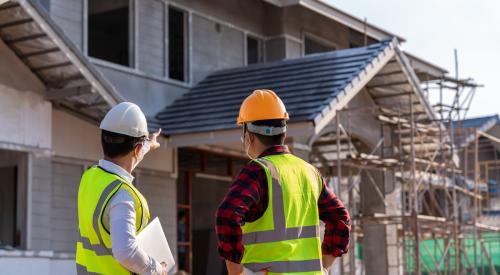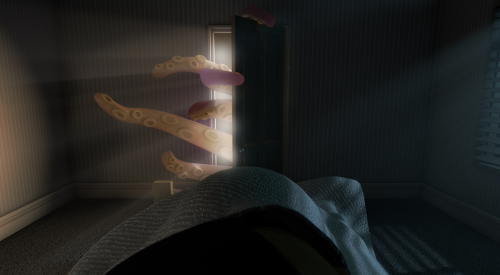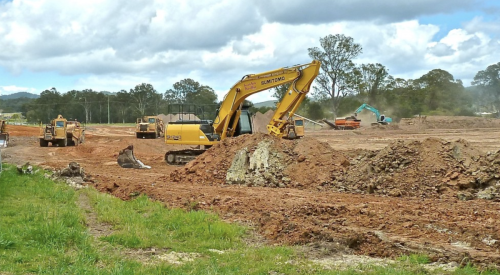It's easy to get caught up in the doom-and-gloom psychology associated with the current housing market slide. We see the nasty numbers almost daily. But remember, there's a time lag between what happens in a local marketplace and the statistics reported by national government agencies. And economists quoted in the national media are usually just analyzing that tardy data. The danger: you may be as late seeing the housing recovery as you were at recognizing the scope of the downturn.
My last editorial pointed out the conflicting perceptions of where housing is heading between Wall Street stock analyst Ivy Zelman (who opined that home prices across the country still needed to drop another 10 percent) and Florida economist Hank Fishkind (who thought prices in Florida had already bottomed).
I'm beginning to think what I gather from people working in local housing markets gives a better picture of what's going on than the national statistics. For one thing, a number of markets are still pretty warm, even though many that were red-hot two years ago are now colder than mackerels. It's the paralysis of those previously hyper Sun Belt markets like Phoenix and Orlando that drives the national numbers down and gives many people the impression that no one is buying houses anywhere.
Ongoing concerns about subprime-related problems in the mortgage market and newfound concerns about rising prime mortgage rates caused builder confidence to decline 2 more points in June, according to the NAHB/Wells Fargo Housing Market Index released recently. Confidence is now at its lowest level since February 1991.
Florida is ground zero in this crash, but even it is not without a few positive signs. Fishkind, for instance, still insists prices bottomed months ago, even though they are unlikely to climb anytime soon. "The data I have is on closing prices of homes actually sold," he says. "I don't know about variances from asking price or what incentives builders are using to make a deal, but the actual closing prices have been flat for months, and there's no sign they'll go down any further. Job growth is strong all over Florida," Fishkind says.
In fact, the upper Midwest markets, still dependent on the U.S. auto industry, are about the only areas where housing is struggling due to stagnant local economies. The most troubled markets — such as South Florida, Phoenix, and Southern California — have booming economies burgeoning with new jobs.
Meanwhile, if you're in Texas or North Carolina, don't waste time waiting for a housing crash. You're probably seeing some slowing. But it's not like Florida, and it never will be. "We never had the investors here," says Charlotte consultant Chuck Graham.
The bottom line: watch the inventory of unsold homes in your town, but also take note of job creations. Let others worry about the national numbers. Stop crying in your beer long enough to check out the opportunities that may be right under your nose. The right product on the right site will still work.
941/371.4804, bill.lurz@reedbusiness.com











